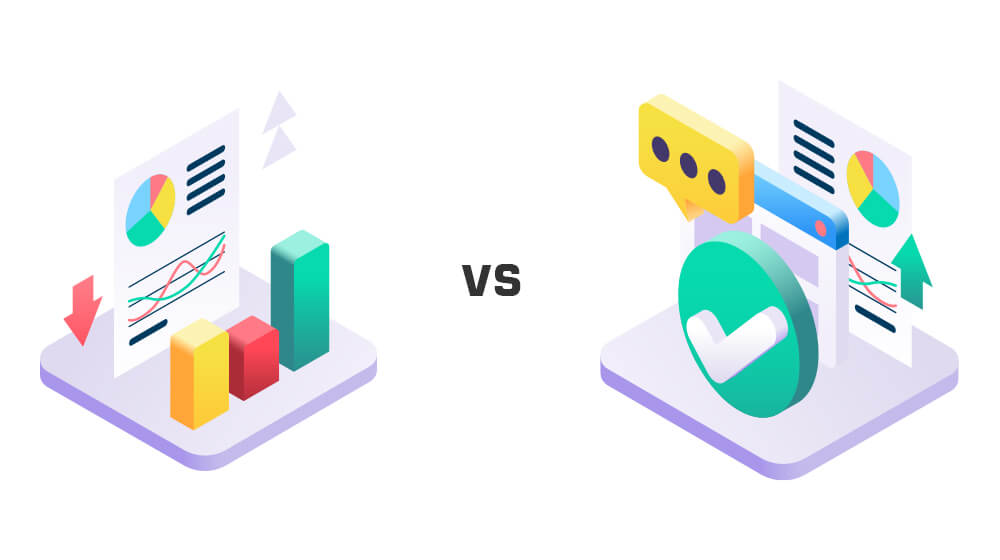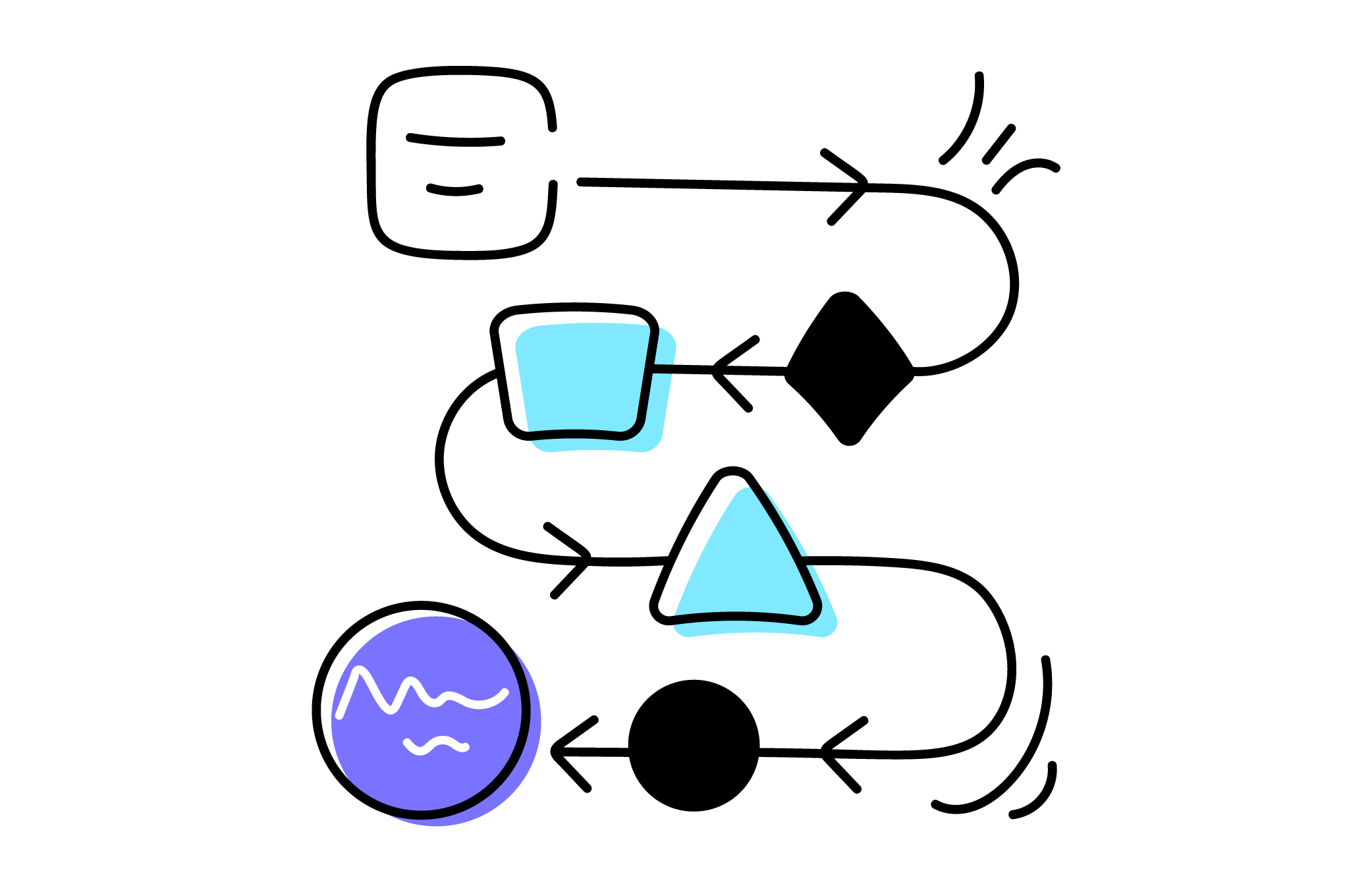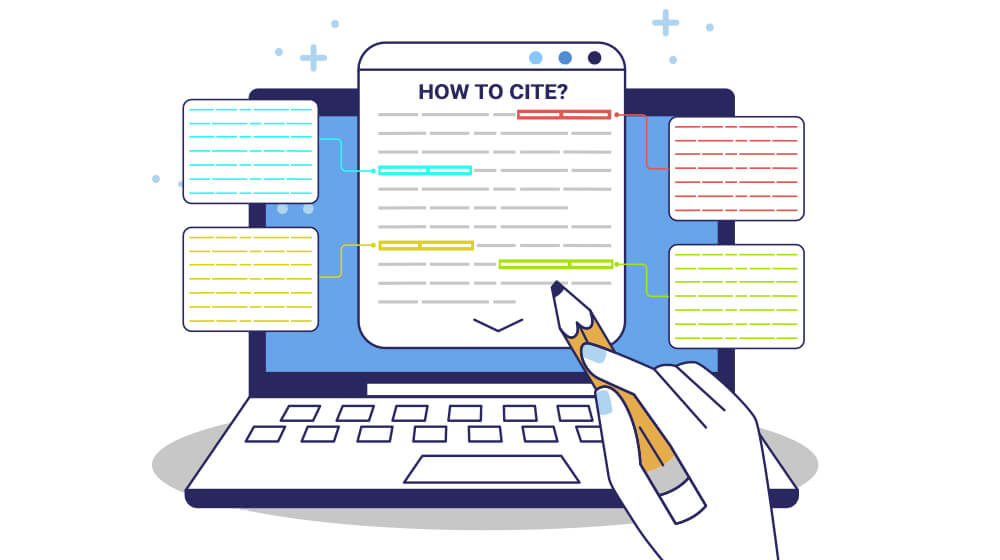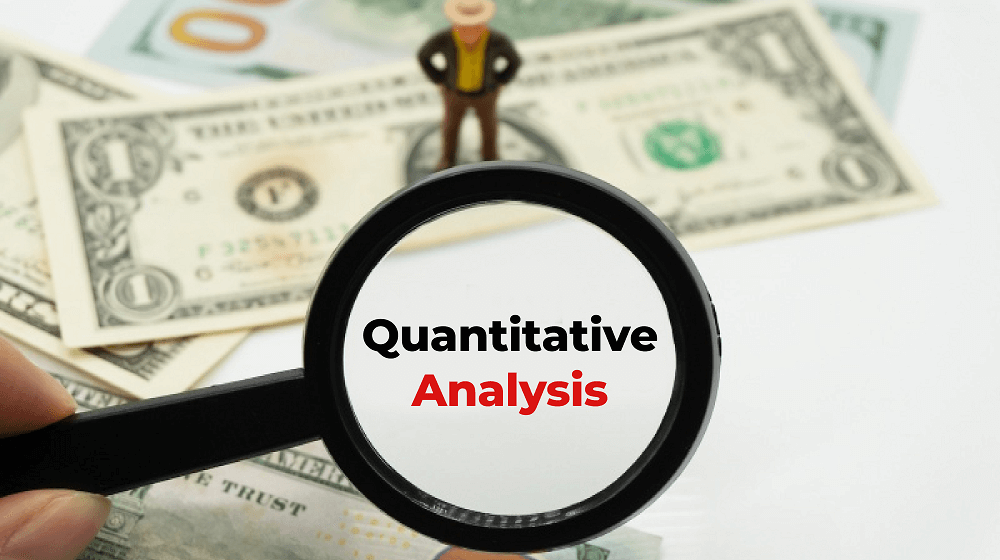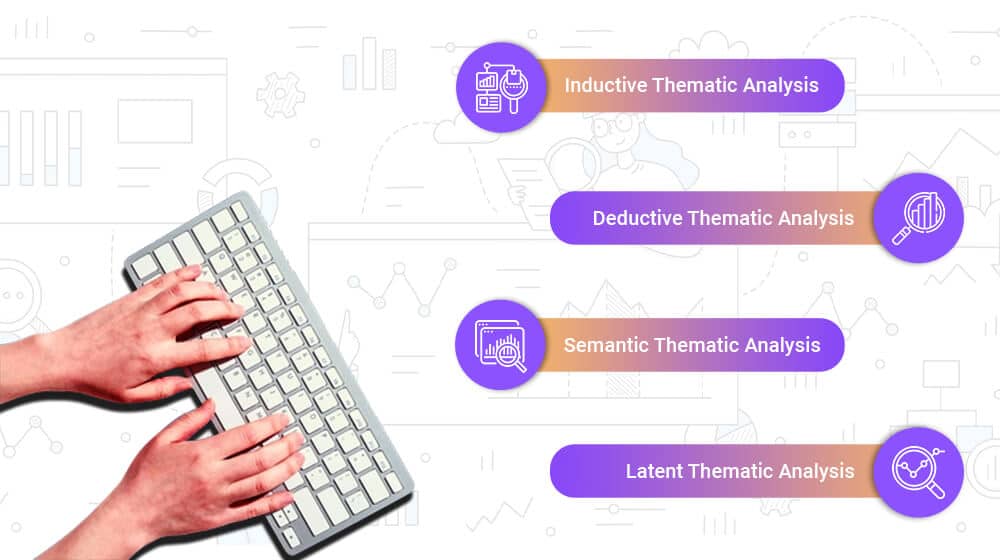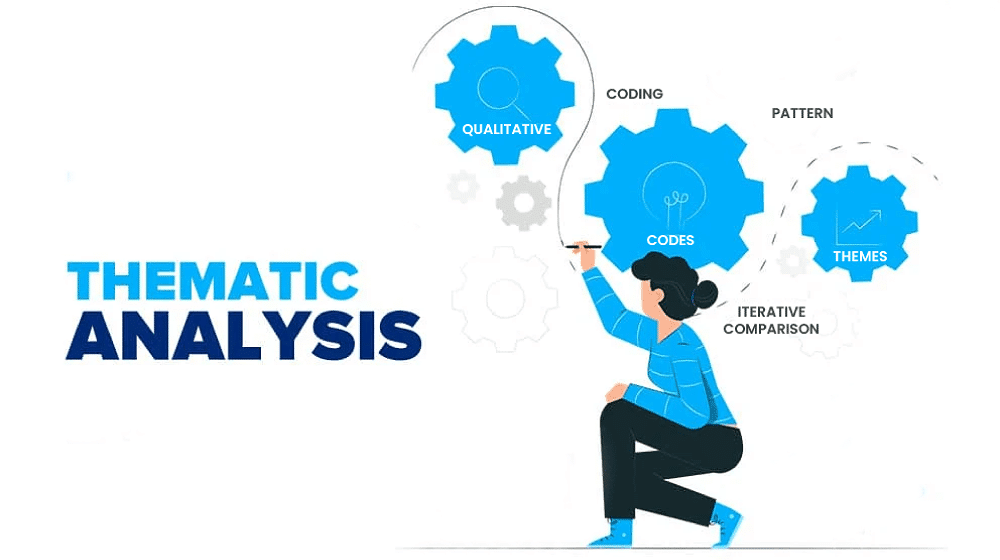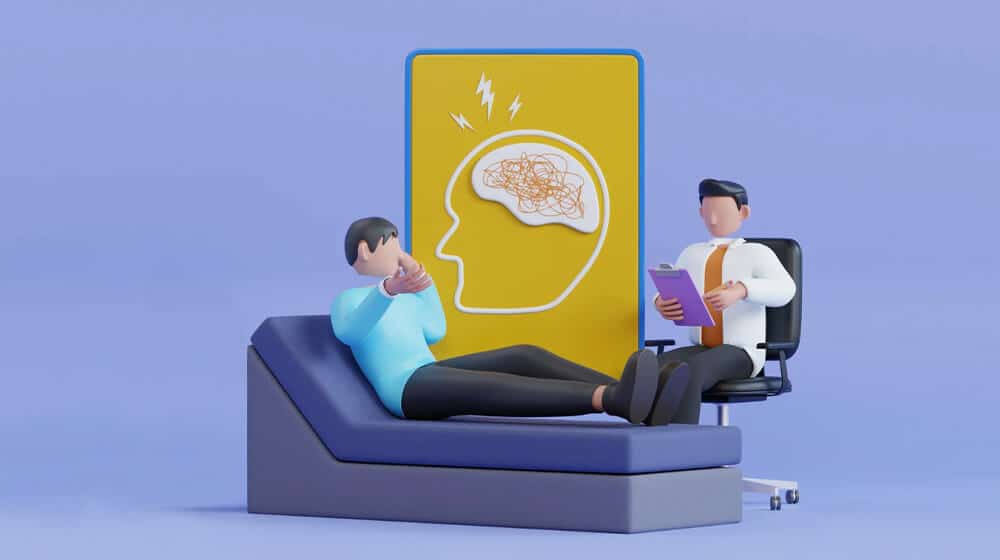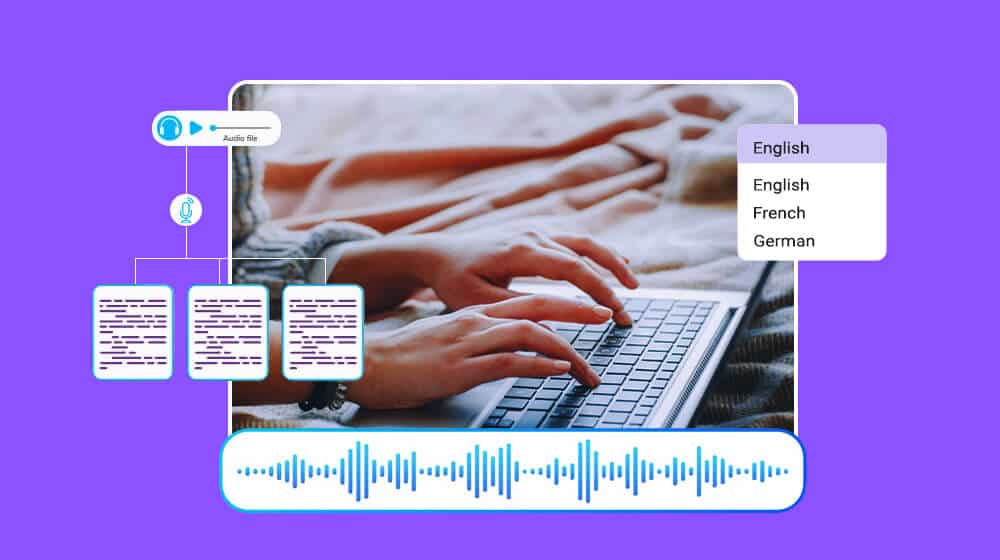HIPAA Confidentiality Regulations
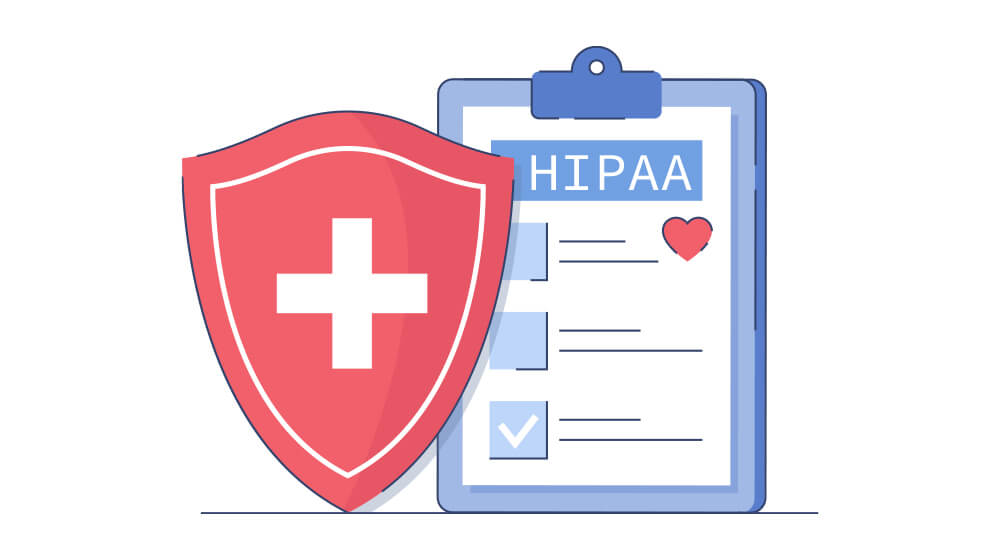
In today’s fast paced world , where data privacy is significantly important, the Health Insurance Portability and Accountability Act (HIPAA) stands as a cornerstone in safeguarding sensitive information by establishing stringent guidelines. Specifically, within the context of transcription, adherence to HIPAA confidentiality regulations is paramount to ensure the integrity, confidentiality, and security of patient data throughout the transcription process. This is not only a legal imperative but also a moral obligation to preserve patient trust and confidentiality.
1. Access Control Mechanisms
HIPAA mandates the implementation of stringent access control mechanisms to restrict the disclosure of protected health information (PHI) to authorized individuals only. In the context of transcription, this requires measures such as multifaceted authentication protocols, role-based access restrictions, and password protection protocols to ensure that PHI is accessible only to personnel with a legitimate need for such information. By restricting access to PHI on a need-to-know basis,
2. Encryption Standards
HIPAA stipulates the use of encryption techniques to safeguard the confidentiality and integrity of PHI during transmission and storage. Robust encryption algorithms need to be employed to encrypt data both in transit and at rest, thereby minimizing the risk of interception or unauthorized access by other parties. Encryption ensures that patient information remains secure and inaccessible to unauthorized parties, bolstering data security and maintaining compliance with HIPAA regulations.
3. Audit Trails and Monitoring
HIPAA mandates the establishment of comprehensive audit trails and monitoring mechanisms to track access to PHI, detect unauthorized activities, and facilitate accountability. This requires maintaining detailed logs of all access attempts, modifications, and disclosures of patient information, enabling thorough forensic analysis in the event of security incidents or compliance audits. By maintaining robust audit trails, we uphold transparency and traceability in handling of sensitive patient data, ensuring compliance with HIPAA regulations.
4. Staff Training and Awareness
HIPAA necessitates ongoing training and education for transcriptionists and staff members involved in handling PHI. This imparts comprehensive training on HIPAA regulations, privacy best practices, and security protocols to ensure that personnel are equipped with the knowledge and skills necessary to safeguard patient information effectively. By fostering a culture of compliance and awareness, we mitigate the risk of inadvertent breaches and promote a heightened sense of responsibility towards patient confidentiality in transcription.
5. Business Associate Agreements (BAAs)
As per HIPAA standards, we enter into formal agreements known as Business Associate Agreements (BAAs) with covered entities, such as healthcare providers or health plans. BAAs establish the legal framework for the exchange of PHI between the covered entity and the transcription service provider, delineating each party’s responsibilities and obligations regarding the protection and use of patient information. By formalizing these partnerships, BAAs ensure accountability and compliance with HIPAA regulations, safeguarding patient privacy and confidentiality in transcription.
In essence, adherence to HIPAA confidentiality regulations is imperative in transcription to uphold patient privacy, confidentiality, and data security. Implementing robust access control measures, encryption standards, audit trails, staff training programs, and Business Associate Agreements is necessary.
ANT mitigates the risk of unauthorized disclosure or data breaches, thereby safeguarding patient privacy and confidentiality. We ensure compliance with HIPAA mandates while maintaining the highest standards of confidentiality and integrity in handling sensitive patient information.


